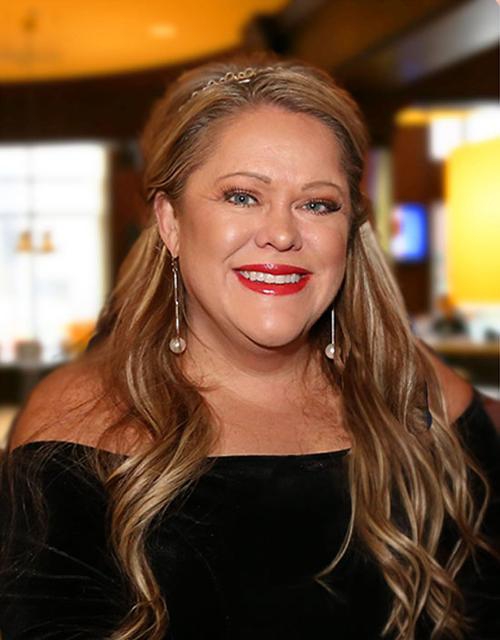Although Illinois has officially become the 20th state to approve medical marijuana, not only are patients vulnerable to discrimination, they’re also going to have to pay a steep price to get their hands on it.
At this point, there is no fixed price for what medical marijuana will cost patients, but the purchasing and distribution fees certainly give an indication. From the patient standpoint, it will cost $100 per year ($50 for disabled people and veterans) to apply for a medical marijuana card.
On the surface, that might not seem like a lot, but keep in mind that a medical marijuana card merely gives you the right to purchase a drug that isn’t necessarily covered by insurance. In that case, patients will have to pay out of pocket for it.
This might lead some to ask: “After I pay my fee and get my card, how much will marijuana cost me?” Let’s speculate.
In Colorado, medical marijuana costs about $250 per ounce, plus tax. On the recreational side of the industry, some dispensaries initially charged between $400-$560/ounce, plus tax, depending on quality, but the market is expected to settle around $180/ounce.
One might look at those figures and assume that Illinois residents with certain medical conditions will have medical marijuana available in the neighborhood of $250/ounce and someday $180/ounce. Still, the overlooked factor is the price of doing business from a distributor’s standpoint.
In Colorado, the application and licensing fees cost approximately $20,000 per year, but Illinois is requiring distributors to pay $225,000 in first-year licensing fees.
It’s hard to imagine Illinois dispensaries being able to pay ten times as much as Colorado dispensaries in licensing fees and still match their prices. You don’t need to be an economics student to know that high licensing fees (and not to mention taxes) are invariably passed onto consumers.
One of the goals for legalizing marijuana is to reduce the number of people buying it illegally from drug cartels. However, it’s easy for drug cartels to beat the price of legal marijuana dispensaries partially because they don’t have to worry about application and licensing fees among other operating costs.
Perhaps most concerning is that the high price of medical marijuana might make it inaccessible to those who need it most. The substance has supposedly been legalized to help people with debilitating medical conditions.
But if it’s too expensive for people to pay for it out of pocket, and insurance won’t cover it, how will people get it?
It remains to be seen exactly how much Illinois patients will have to pay for medical marijuana. But if the application and licensing fees are any indication, medical marijuana may ultimately be too expensive to serve its intended purpose.

